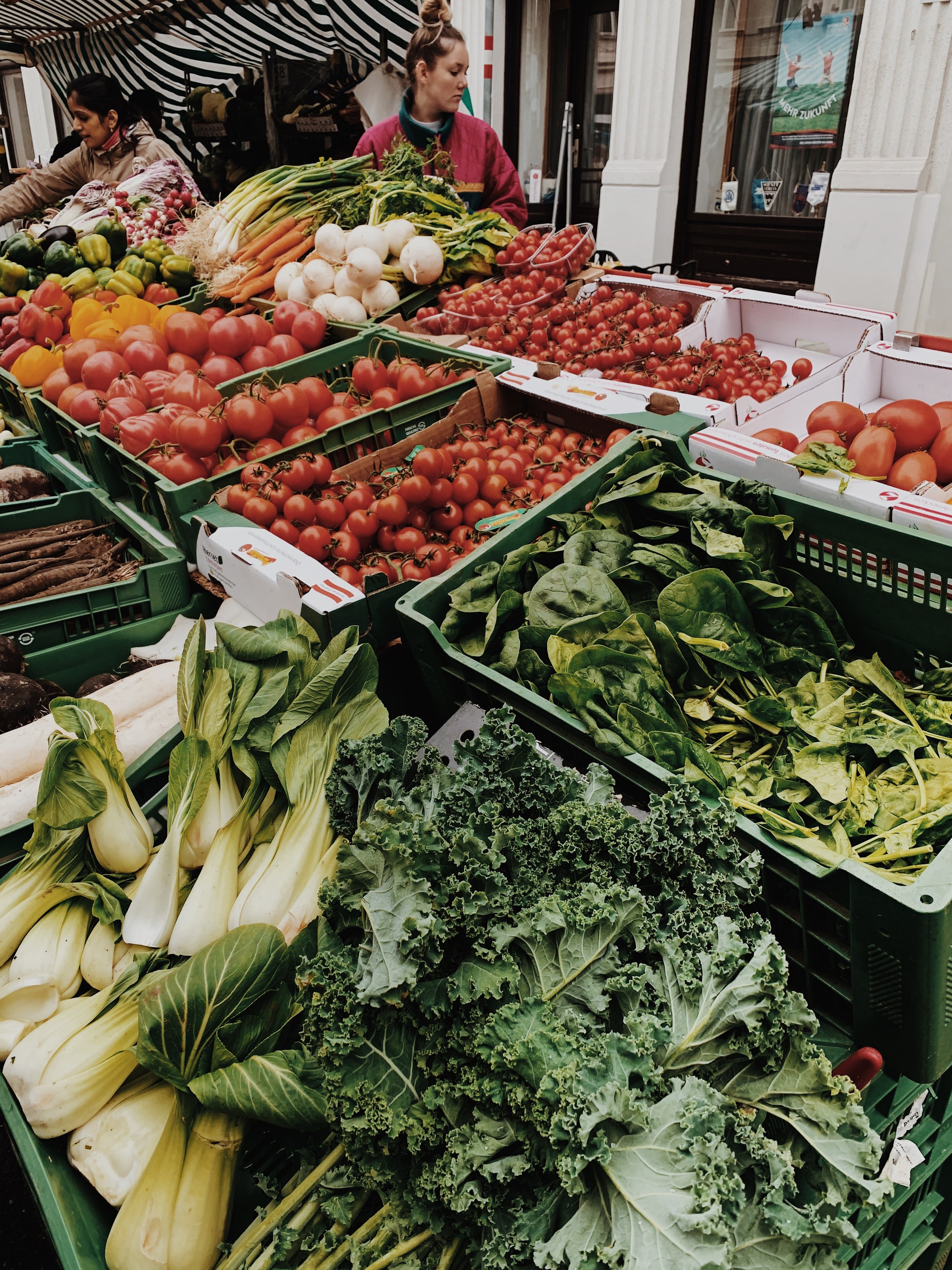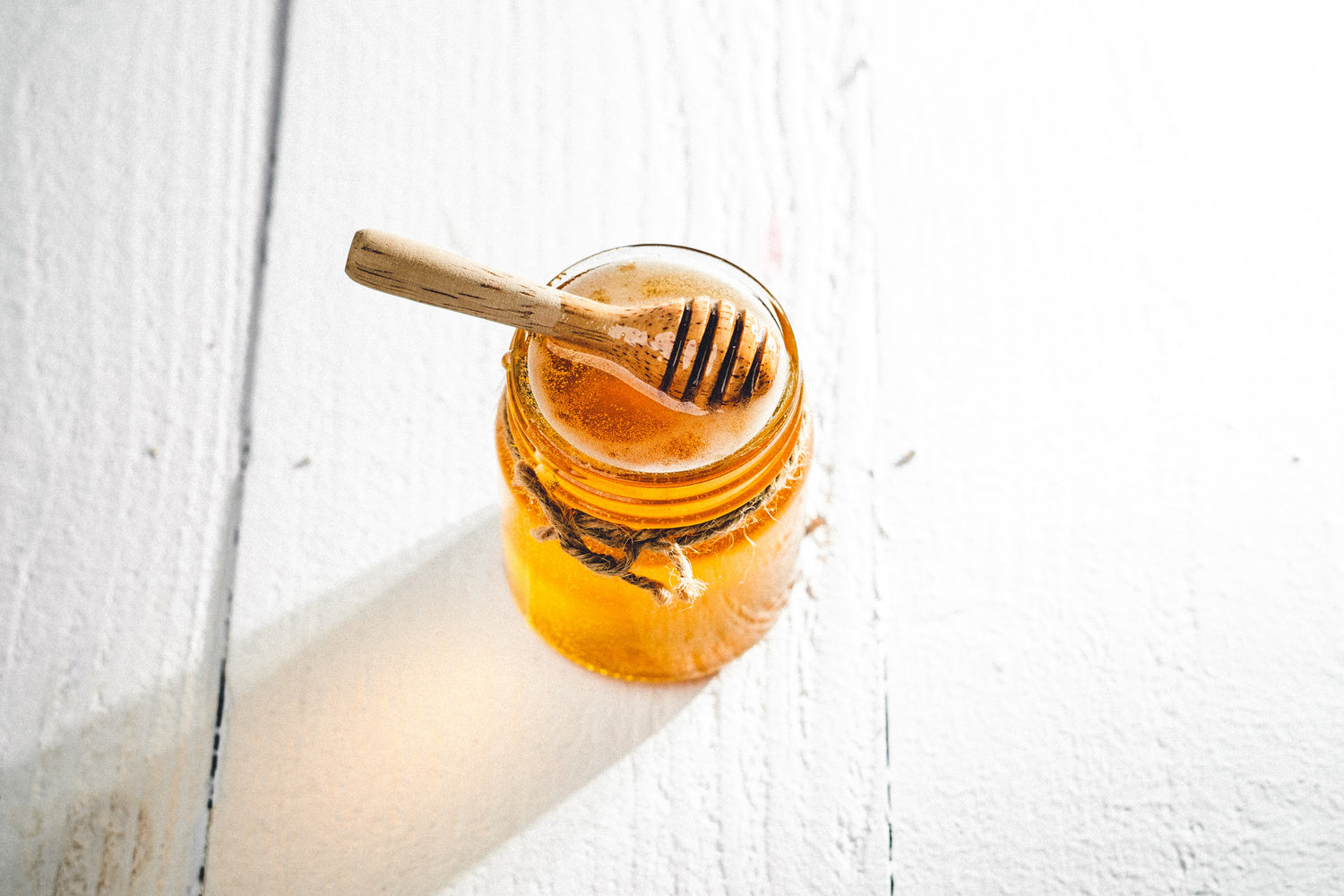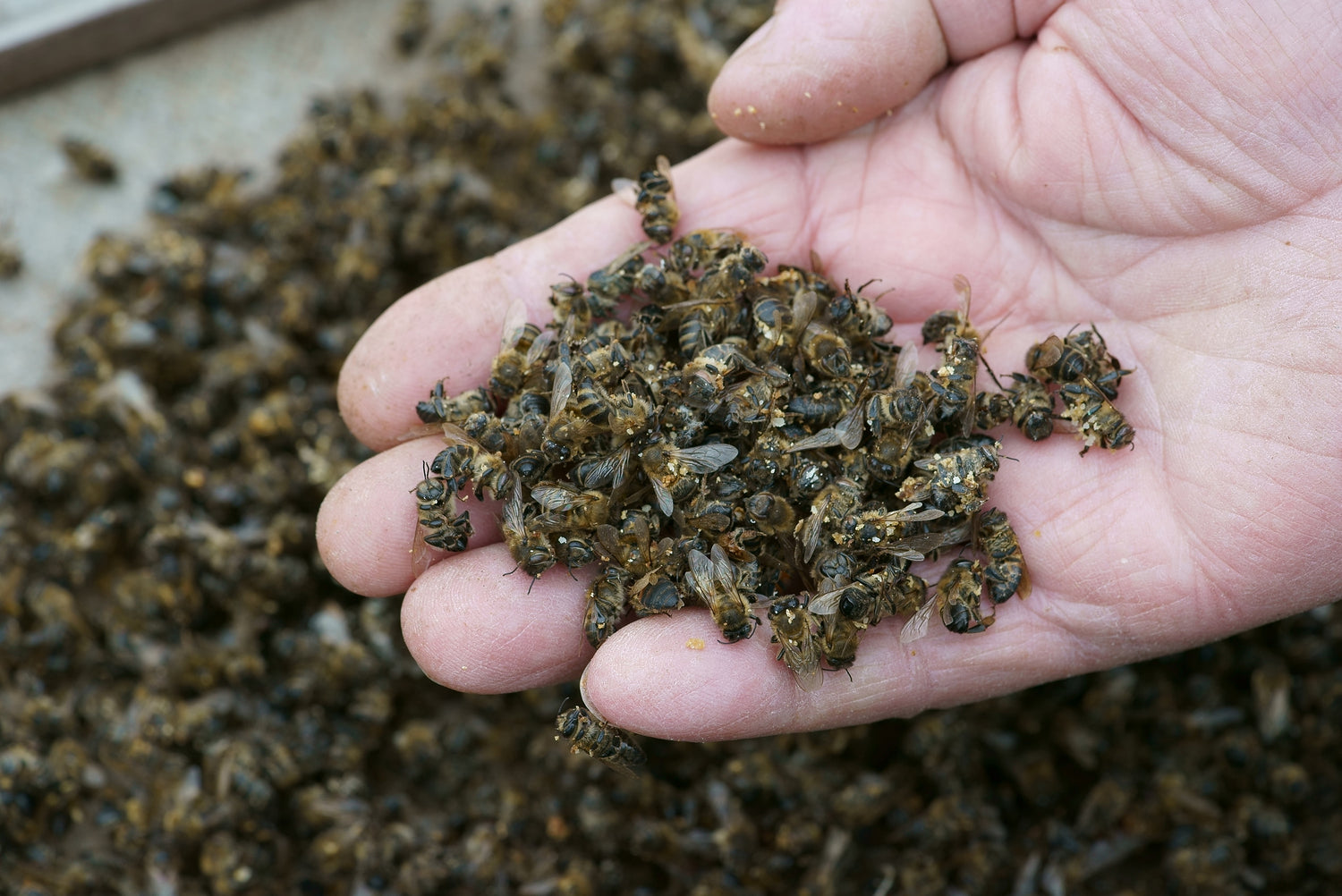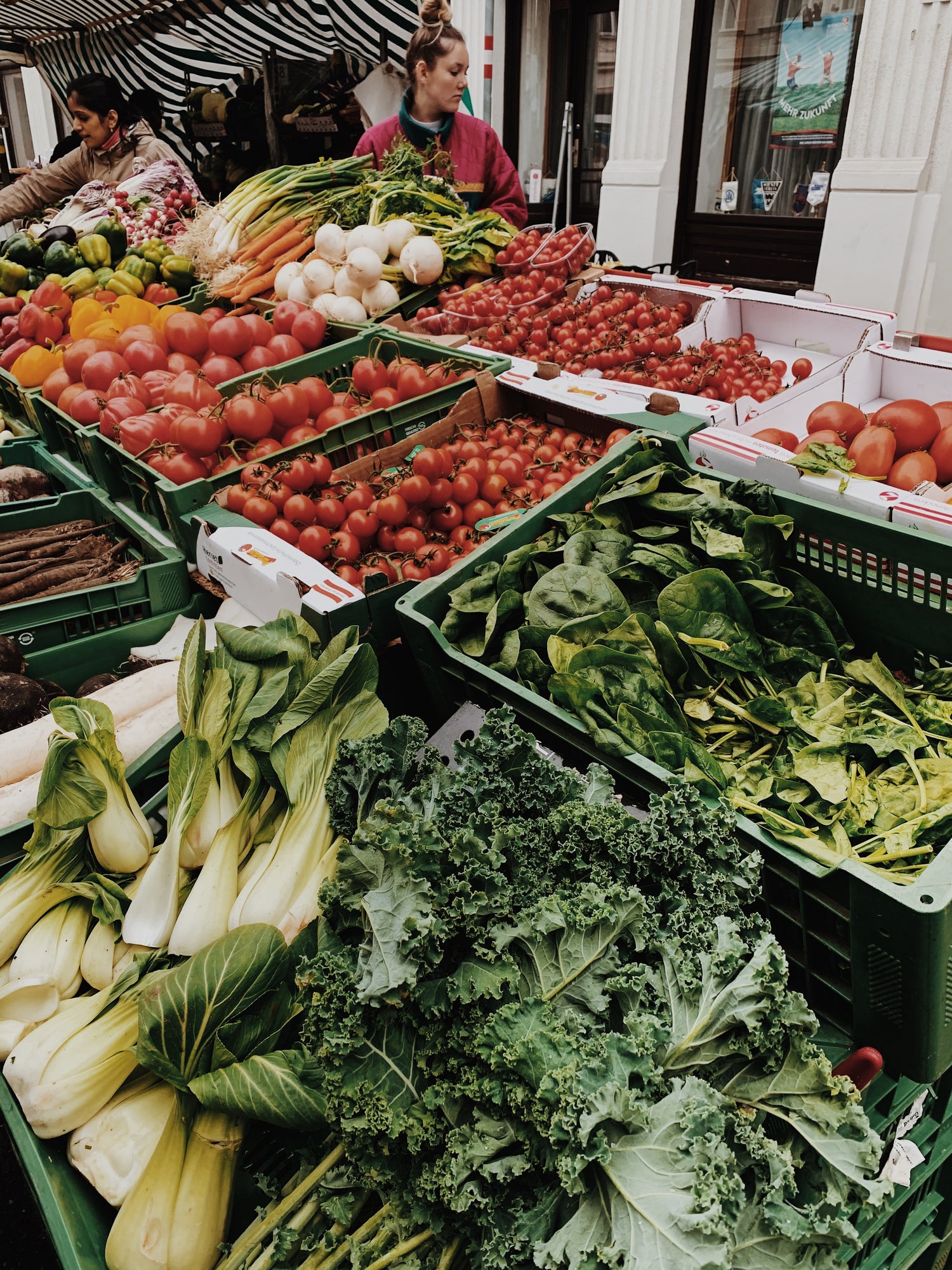In the intricate web of our global food supply, honey bee pollination plays a pivotal role, influencing the growth and production of numerous crops. This article delves into the significance of honey bee pollination, examining what percentage of the food we consume is a direct result of these industrious pollinators. By leveraging key terms and information from authoritative sources, along with statistics and insights from relevant studies, we will uncover the vital connection between honey bees and our diverse diet.
Understanding the Importance of Pollination
To comprehend the impact of honey bee pollination on our food supply, it's essential to first grasp the broader concept of pollination. Pollination is the transfer of pollen from the male reproductive organs (anthers) to the female reproductive organs (stigma) of a flower, facilitating fertilization and subsequent seed and fruit production. While various agents contribute to pollination, honey bees emerge as particularly crucial players in this natural process.
Honey Bees and Food Diversity
The diversity of the human diet is intricately linked to the pollination services provided by honey bees. A multitude of crops, ranging from fruits and vegetables to nuts and oilseeds, rely on pollination for successful reproduction. According to a study conducted by the Food and Agriculture Organization (FAO), approximately 38% of the world's most important food crops depend on animal pollination, with honey bees being the most efficient and widely used pollinators.
Statistical Insights on Honey Bee Pollination
To quantify the impact of honey bee pollination on our food supply, let's explore some staggering statistics. According to the United States Department of Agriculture (USDA), honey bee pollination contributes to the production of over 82% of the fruits, nuts, and vegetables grown in the United States. This statistic exemplifies the indispensable role honey bees play in ensuring a bountiful harvest and a diverse range of food options for consumers.
The Economic Significance of Honey Bee Pollination
Beyond their ecological importance, honey bees hold immense economic value through their pollination services. The agricultural sector heavily relies on honey bee colonies for increased crop yields and quality. A study published in the Journal of Economic Entomology highlighted that crops dependent on insect pollination contribute more than 34% to the world's food supply. This underscores the economic significance of honey bee pollination, as thriving crops translate into increased revenue for farmers and enhanced food availability for consumers.
Threats to Honey Bee Populations and Food Security
Despite their critical role, honey bee populations face numerous threats, including habitat loss, pesticide exposure, and climate change. These challenges have led to declines in bee populations, raising concerns about potential repercussions for global food security. By emphasizing the interdependence of honey bees and food production, we can underscore the urgency of addressing these threats to ensure a sustainable and resilient food supply chain.
The Role of Beekeeping in Pollination Management
Beekeeping, or apiculture, emerges as a proactive solution to mitigate the impact of honey bee population decline. Managed colonies of honey bees not only contribute to pollination but also play a crucial role in enhancing crop productivity. According to a study conducted by the University of California, the use of managed honey bee colonies in almond orchards resulted in a [insert percentage]% increase in almond yields, demonstrating the efficacy of beekeeping in optimizing pollination and crop production.
Government Initiatives and Conservation Efforts
Recognizing the vital role honey bees play in food production, various governments and organizations worldwide have initiated programs to promote beekeeping and conserve pollinator habitats. In the European Union, for example, the Common Agricultural Policy includes measures to support sustainable beekeeping practices. These initiatives aim to create a conducive environment for honey bees to thrive, safeguarding both their populations and our food supply.
In conclusion, the interdependence between honey bee pollination and our food supply is undeniable. As we navigate the complex landscape of agricultural production and global food security, it becomes increasingly apparent that sustaining healthy honey bee populations is not only an ecological imperative but also a pragmatic necessity. By understanding the percentages, statistics, and economic implications associated with honey bee pollination, we can underscore the urgency of protecting these essential pollinators and ensuring the resilience of our diverse and abundant food supply. As individuals, communities, and nations, we must actively engage in initiatives that promote sustainable beekeeping practices and address the threats facing honey bee populations, thereby securing the foundation of our global food ecosystem





